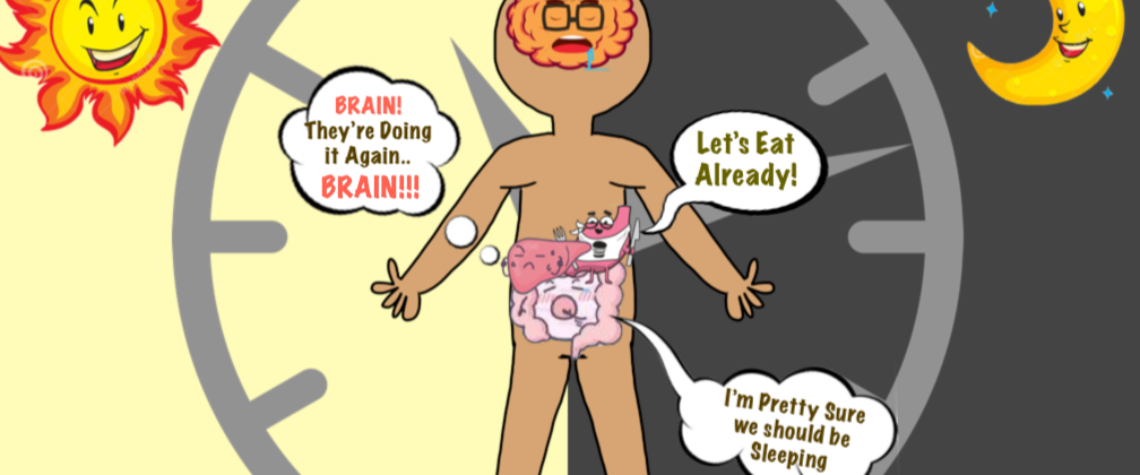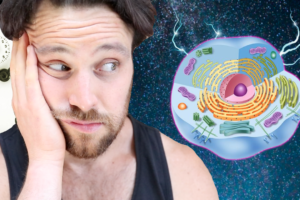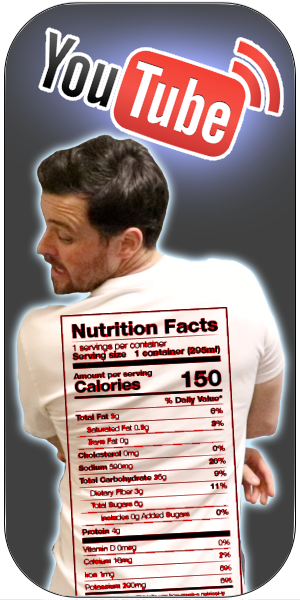Any Body Got the Time? – Optimizing your Sleep Cycles
Sleep is inherent with lifestyle, how and when we get it typically correlates with the current stage of life we find ourselves in. Need a quick recap? When you were a child, your sleep was most likely dictated by your parents, you had set bedtime hours with the occasional “stay up late” reward. Transitioning to those rebellious teen years, late nights became more appealing, and rightfully so! That was when all the good TV shows were on and you could AIM with your friends without your parents bugging you. Then to the college years, where we re-discovered the magic of naps! With a full schedule of “doing whatever you want” and a “side of class“, sleep came in all shapes and forms, from 24-hours of No Sleep, to 24-hours of Only Sleep, and everything in-between. During the following ten years (ages 20-30) we transition to “real world” sleep, consisting of steady bed/rise times Monday-Friday and reliving college on the weekends. Eventually all this comes full circle to pretty set bedtime hours, ones custom to you, that meet your needs and lifestyle. Or so you think…..
How do we really know if we’re doing ourselves justice when it comes to getting our daily Zzz’s. I mean, there’s a reason we evolved all these years and sleep came along for the ride. It’s an absolute requirement for sustained biological functions, and even in these technology abundant times, there’s still nothing that compares to a good nights sleep. When we deprive ourselves of this innate requirement, our body lets us know it, we’re TIRED! But is there more to this story? Research in the field is pointing to yes, in fact, it suggests there’s WAY more going on than just feeling a little out-of-it, hope you’ve filled up your coffee…
The Body Clock
First the basics, humans (and animals) have evolved over thousands of years developing specific sleep/wake cycles, also know as “Circadian rhythms”. These rhythms are like an internal clock, regulating (turning on & off) different core processes that allow us to operate at an optimal level. In humans, several genes, when activated, have been linked to “waking up” individual cells and organs. Telling our body it’s time to “Get-up and Seize the Day!” Research has indicated that the cells in our body have their own internal clocks, but how do they all stay in sync? By a “Master Clock” of-course. It’s believed to sit at the bottom of the brain, where nerve fibers from our eyes criss-cross and enter our brain. Here, is a small cluster of about 20,000 neurons called the suprachiasmatic nucleus (SCN)(1).
The SCN is in close coordination with our eyes (for visual cues), but also our hypothalamus (an area of the brain which regulates hunger, thirst, sleep, body temperature, and levels of various hormones), it’s believed that we process signals such as light and darkness to notify the rest of the body it’s time to Wake Up!
So What’s the Problem?
Well, the problem is…. US! And our modern lifestyle, comprised of insufficient or disrupted sleep, thus creating pretty serious health concerns. The abundance and combination of artificial light(blue light being the biggest offender) , occupations requiring work during night shifts, late night activities and technology 24/7, has knocked our clocks out of sync. Evidence continues to trickle out, associating these unnatural disruptions with increased risk for obesity, diabetes, high blood pressure, and impaired cognitive performance, which in turn increases the likelihood of accidents, medical errors, and an overall loss of productivity. A slippery slope indeed…
In 2016 the CDC (Centers for Disease Control and Prevention) reported that 35% (over 40 million) of U.S. adults are not getting the recommended 7 hours of sleep each night (2). The report pointed out that night shift workers, particularly those in transportation, warehouse, public service, and health care industries are often at the highest risk. The hope is that new research will be able to unveil methods to alleviate the negative side-effects for these public servants who are critical to society.
Other reasons why you may be having trouble sleeping range from gene mutations to inconsistency and poor habits. Most people with problems fall under the latter category, which means they have the power to Get Back on Track!
What About Food?
Circadian rhythms in the intestine, pancreas, and liver are crucial for regulating metabolism, insulin release, body weight, and detoxification. Key functions such as insulin secretion and insulin sensitivity (critical for regulating blood sugar) appear to be optimal in the morning, suggesting that food intake earlier in the day is best for performance. So, where does lack of sleep come in? Studies show that too little sleep can increase hunger and appetite by up to 24%, and decrease levels of some fullness hormones by up to 26%(3). If we look at shift workers, who often have no routine when it comes to eating and sleep (due to their profession), it is well documented that they are more susceptible to metabolic syndrome (4), and many point to the constant circadian desynchronization as the root cause.
To make matters more complex, because I know that’s what you wanted, you have a few hundred-trillion microbes on a schedule too. Animal research has show that gut microbes have “daily routines” too, over a 24-hour period they travel to different locations throughout the intestine, producing metabolites along the way (5). These metabolites influence genes associated with the intestinal, pancreatic, and liver body clocks. A disrupted microbiome may throw off metabolism, cause insulin resistance, weight loss resistance, and impaired detoxification.
Crazy how connected this all is, it’s almost like…

So What Can You Do?
- Hit the Hay and Wake-Up at the same time Everyday (Yes, even on weekends)
- Get at least 7 hours of shut-eye Every-Night
- Sleep in Complete Darkness (with your phone face down on silent mode)
- Say No! To technology one hour before bedtime and after waking
- Set the blue-light filters on your Laptops/Phones/Tablets/TV’s to automatically adjust in the evening
- Take it Easy on the Booze. Quality of sleep will be sacrificed if you have one to many
- Explore Time Restricted Eating (TRE), feeding during optimal digestion periods
Pick a 7-to-8 hour window that you can consistently designate as “dream time” and stick to it. Keep to the schedule and you’ll be sleeping like Lou Pickles in his prime. Yes, depending on what phase of life you’re in, you may stay out later some nights, specifically Friday and Saturday. The key to avoid the Sunday night scaries is to get your ass out of bed the next morning, on time! Keeping regular routines of sleeping and eating is the most powerful way to nurture and sustain robust circadian clocks in our brain and body. Why sacrifice so much, when the fix is so simple, consistency and discipline.
And When in Doubt… Sleep on it…







